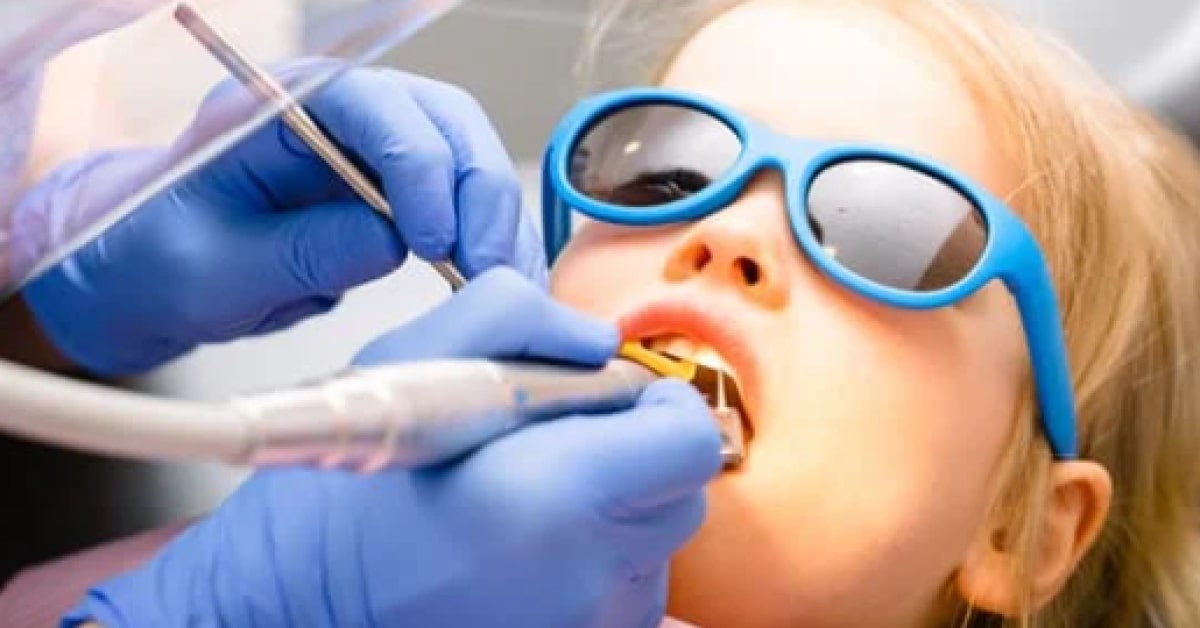Blog
July 03, 2023 • 10 mins readUnderstanding TMD: How Dentistry Can Help Alleviate Jaw Pain
Are you suffering from jaw pain? Learn how dentistry can help alleviate TMD. Discover the causes, symptoms, and treatments for TMD and how dentistry can help you find relief.
Author
Danielle Duncan

In this Article
TMD, or Temporomandibular Disorder, is a condition that affects the jaw joint and surrounding muscles. It can cause pain, discomfort, and limited movement of the jaw. While TMD can be a complex issue, dentistry plays a critical role in both diagnosing and treating this condition. Without dental professionals who specialize in TMD, it would be a whole lot harder to diagnose and for patients to find much deserved pain relief. Let’s explore how dentists can help patients find relief from TMD.
The Diagnostic Process
When a patient presents with symptoms suggestive of TMD, a jawbone specialist or dentist follows a thorough diagnostic process to identify the underlying cause. Through a combination of patient history, physical examination, and imaging techniques such as X-rays and MRI scans, dentists can pinpoint the specific factors contributing to TMD symptoms.
During the examination, dentists assess the alignment of the jaw, the condition of the teeth, and any signs of muscle tension or inflammation. By understanding the individual patient’s dental and medical history, dentists can determine if TMD is the likely culprit behind the symptoms.
Treatment Options
Once diagnosed, dentists can recommend various treatment options tailored to the patient’s specific needs. These may include:
Occlusal Appliances
Occlusal appliances, commonly known as splints or mouthguards, are custom-made devices that help stabilize the jaw joint and reduce the effects of teeth grinding or clenching, which are common contributors to TMD. These appliances not only protect the teeth from further damage but also alleviate muscle tension and promote proper jaw alignment.
Dental Adjustments
In some cases, dental adjustments may be necessary to correct any bite abnormalities contributing to TMD symptoms. Some may ask can an orthodontist help with tmj? The answer is yes in some cases. Dentists can reshape the biting surfaces of the teeth or use orthodontic techniques to realign the jaws, ensuring a more balanced bite and relieving strain on the jaw joint.
Physical Therapy
Physical therapy exercises and techniques can be highly beneficial in managing TMD symptoms. Dentists may refer patients to specialized physical therapists who can provide exercises to strengthen the jaw muscles, improve flexibility, and reduce joint inflammation.
Medications
In certain situations, dentists may prescribe medications to alleviate pain, reduce muscle tension, or address inflammation associated with TMD. These medications can range from over-the-counter pain relievers to muscle relaxants or anti-inflammatory drugs, depending on the severity of the symptoms.
Botox for TMD
Botox has been found to be an effective treatment for TMD, when prescribed by a dentist. Botox tmj (also known as TMD) treatment, though considered experimental, has been found to provide relief to some people who are suffering with TMD. Botox works by temporarily paralyzing the muscles that are causing the discomfort, allowing them to relax and reducing the symptoms of TMD. It’s a safe and minimally invasive option for those who are suffering from this condition.
Long-Term Management
TMD is a condition that often requires ongoing management to maintain symptom relief. Dentists play a crucial role in monitoring the patient’s progress and adjusting treatment approaches as necessary. Regular check-ups and follow-up appointments allow dentists to evaluate the effectiveness of the chosen treatment plan and make any necessary modifications.
Dentistry plays a vital role in diagnosing and treating TMD. By employing a comprehensive diagnostic approach and offering tailored treatment options, dentists can help patients find relief from the pain and discomfort associated with this condition. If you suspect you may have TMD, don’t hesitate to consult with a dental professional who can guide you toward an effective treatment plan.
While TMD requires a diagnosis and treatment of a dental professional who is well-versed in this complicated disorder, billing medical insurance for the treatment of TMD shouldn’t. Take our assessment to see how medical billing for tmd treatments can help your patients find relief without the stress of a big dental bill today!



